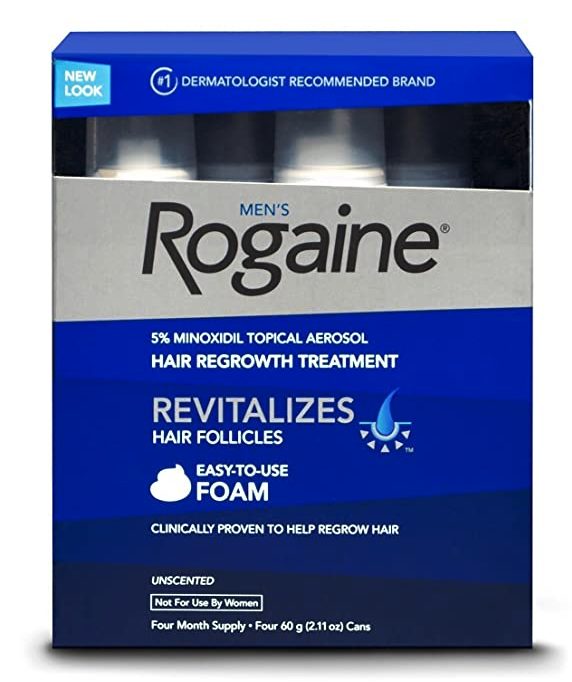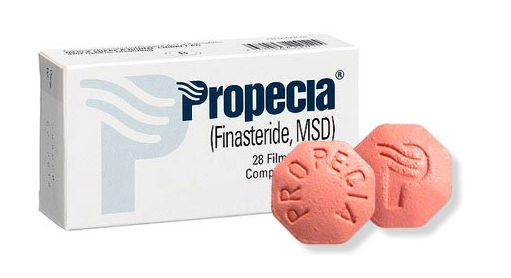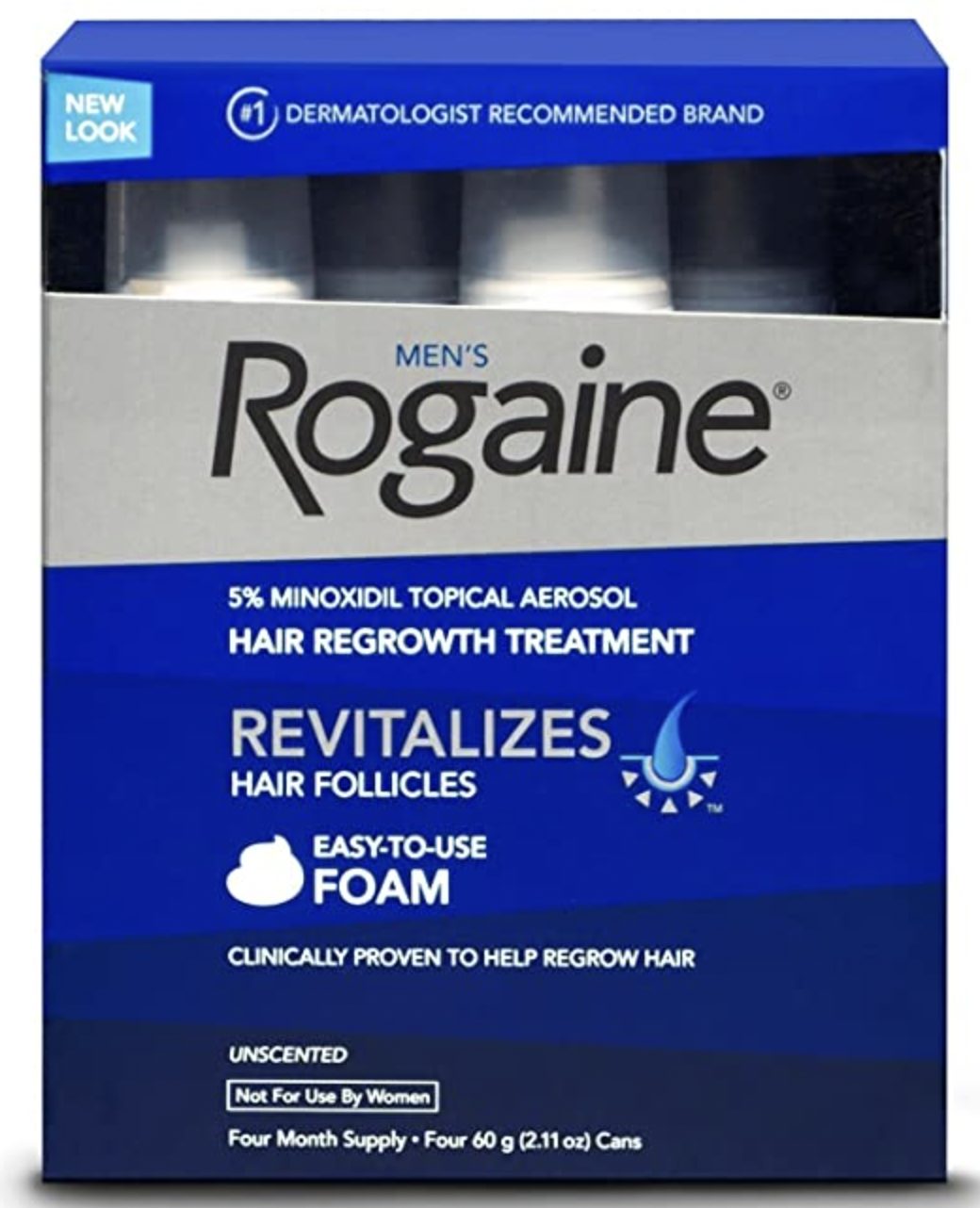Nine hard truths about going bald

Puberty is an exciting time for guys. Our voices get deeper and our muscles get bigger. But testosterone does something else: It makes our hair fall out. Time to face these nine follicle facts. Tweet

Highlights
For most of us, the hairline you had on the day you were born...
...is a lot like the hairline you'll have the day you die.
'Fast and furious' describes hair loss for many men.
We may start with Tom Cruise's mop, but we end up looking more like Vin Diesel.
My mom knew exactly why I started going bald, back when I was in my early 20s. It had nothing to do with the fact my father and both grandfathers were bald.
She was convinced it was the cap I wore as a lifeguard during the summer.
I don’t begrudge my mother her odd but harmless beliefs. Actually, my hair was going fast, and my headwear had nothing to do with it. It was happening and there was no way to stop it. My choices: accept it or try to cover it up with a combover, a hairpiece or a skull-shave.
All of which I refused to do. And that left me with a hat-load of hard facts:
Fact #1: Baldness happens when testosterone goes rogue
Puberty is an exciting time. Thanks to the surge in adolescent testosterone, our voices get deeper, our muscles get bigger, and our underwear gets tighter in all the right places. But for bald guys, testosterone does something else: It shrinks your hair follicles, turning the thick, luxurious locks of your youth into thin, sparse baby hairs. And those eventually fall out.
Fact #2: Baldness is genetic
Androgenetic alopecia, the catchy scientific name for hair loss, is almost always baked into your genes from the moment of conception. Remember that baby hair of yours? It was a spoiler. If the genetic predisposition is in Dad’s sperm or Mom’s egg, there’s a good chance you’ll pay for it later.
Fact #3: Baldness doesn’t have to skip a generation
Baldness doesn’t have to skip a generation.
The tendency could come from any combination of the 287 genetic variations known to be related to hair loss.
Fact #4: The strongest of those genes comes from your mother
If your maternal grandfather was bald, there’s a 50 percent chance Mom will pass that gene on to you through your X chromosome. (Dad provides the Y chromosome.)
Fact #5: Most of us will lose hair sooner or later
Across the globe, according to a Cleveland Clinic report, 50 percent of men lose some hair by their 50th birthday.
Fact #6: Some of us will lose it sooner
A quarter of bald guys have noticeable hair loss before we’re old enough to drink legally.
Fact #7: The best-known treatment was originally a failed medication for something else
Minoxidil began life in the mid-20th century as an ulcer treatment that didn’t work. But it turned out to be an effective blood pressure treatment, and in 1979 was approved by the FDA for that purpose.
But it had a weird and unexpected side effect: Some patients who used it started growing new hair. Rebranded as Rogaine, the FDA approved it as a baldness treatment in 1988. Today you can get generic versions over the counter.

It’s generally effective for people who rub it on their scalp twice a day, as directed. But that’s not as easy as it sounds. It’s messy to apply, and linked to a long list of side effects, including brain fog and erectile dysfunction.
Fact #8: The other well-known treatment started as a prostate treatment
Finasteride, which you probably know as Propecia, is still used to block a chemical called dihydrotestosterone, which is linked to both enlarged prostates and hair loss but may also be associated with side effects that affect sexual performance.

You take it once a day in pill form. After four to eight months, your remaining hair will probably be thicker, with a slower rate of hair loss going forward.
Fact #9: Both drugs are a lifetime commitment
Minoxidil and Finasteride are the medical equivalents of the bus in Speed:
No, your scalp doesn’t blow up if you take your foot off the accelerator. But you will lose your thicker, more abundant hair if you get careless with application, or stop taking them altogether. So once you get on hair drugs, don’t even think about getting off.








